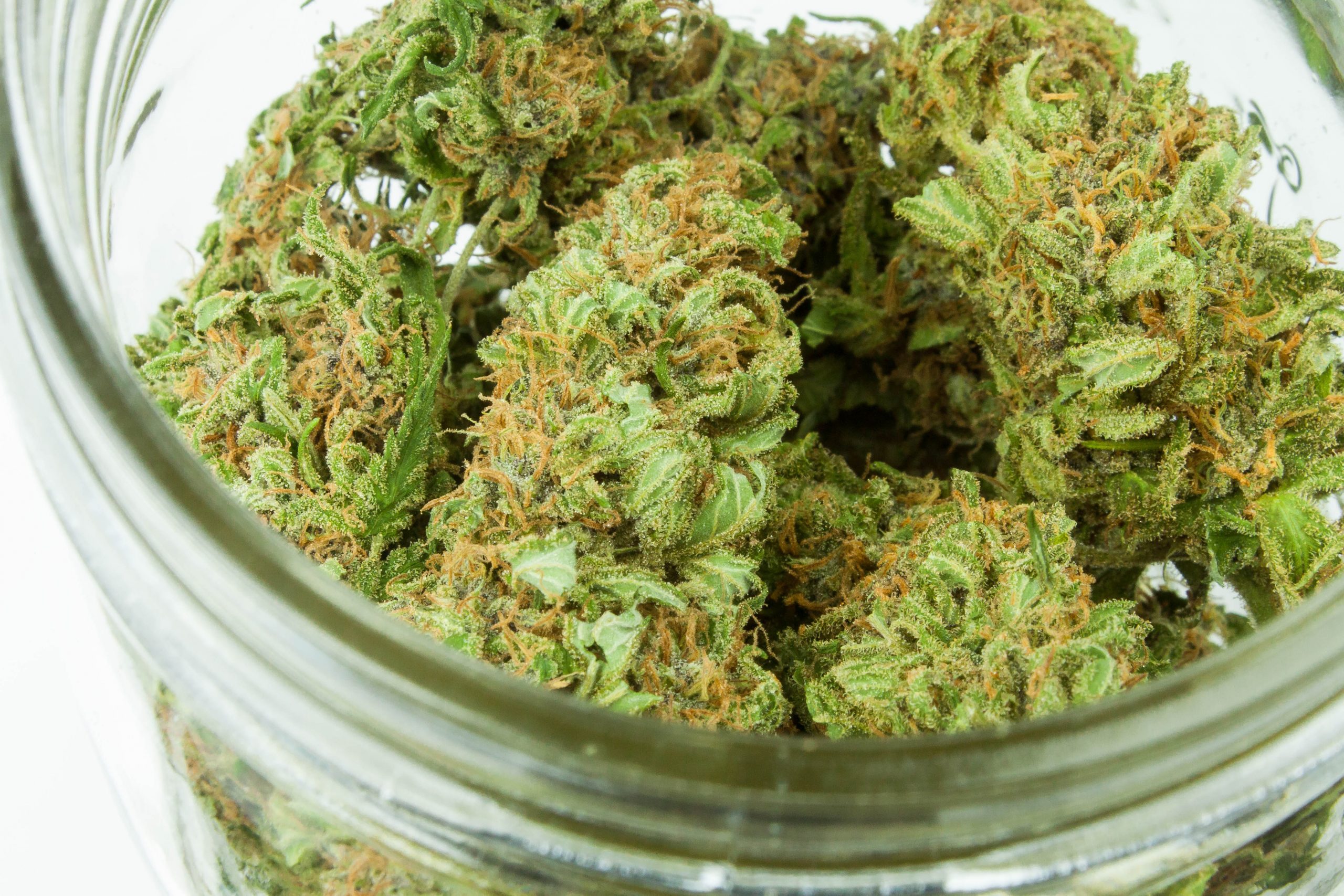There are a spate of reasons why the cannabis industry is still so hard to make a living in – and some of them might surprise you.
Politico is just the latest publication to publicly wonder why the cannabis industry still remains so challenging to make a profit in. Undeniably, the pace of legalization, where it occurs, and how, is a large part of the same. But that is a broad-brush overview. Canada, for example, has fully legalized its industry and the big Canadian public companies are very publicly losing money.
Here are a few of the largest reasons, denoted by region and country, why this industry is still so challenging to survive in – no matter the ever-scintillating news about sales figures or projections five or ten years hence.
1. Lack of full and final sovereign or regional cannabis reform
This is one of the biggest bugbears facing the American cannabis industry but is seen just about everywhere else as well. State-by-state legalization is expensive, particularly for those companies who are what is known as MSOs – or multi-state operators. Beyond this, the tax structure of the same does not allow businesses to offset state taxes from federal ones – essentially creating a double tax burden for the industry.
In other countries, this translates into something a bit different.
For example, in Holland, the country is moving to a national cultivation infrastructure while at the same time, the coffee shops are battling either to stay open (see Amsterdam) or preserve their own cultivation infrastructure (or both). It is unclear in Holland how profitable the surviving coffee shops will be.
In Spain, the entire industry is either “medical” – which up until very recently meant that four entities had the right to produce high THC flowers for export, or something else, which is still very much in a grey area. It is not possible to understand how profitable the cannabis clubs are, for example, because they are not strictly legit, and nobody really knows where they get their supplies from. Presumably, the ones that survive are able to operate as small businesses, because there are no loans or credit available for an industry that largely exists on the margins.
In the developing world, labor and other costs may be much lower, but raising money to build facilities built on western standards and procedures is very hard to do. The disconnect between farmers and sales outlets without multiple layers of intermediaries is also one of the largest issues causing problems in creating an efficient and profitable industry – and for more people in the supply chain.
2. Unsustainable Financing and Growth
This is a biggie – and generally applies almost completely to the North American public cannabis industry (although not unknown in places that have adopted similar models to raise operating cash – as in Israel). Public cannabis companies to date have managed to raise money via going public with valuations that are completely made up and based on a mix of inventory, projections, and multipliers that are highly subjective and rarely accurate.
This has also led to issues like overproduction (and the destruction of crops), not to mention over exporting (from Canada to Germany) which may keep prices high, but from a shareholder perspective alone represents a major destruction of asset value. From every other angle, this is in essence the creation of corporate entities on paper, with variously successful business operations behind them. Aphria, for example, which won one of the three slots in the German tender, never made money from its cannabis sales, but rather from ancillary businesses, such as CC Pharma, Germany’s fifth largest general medical distributor, which it purchased at a major premium. Even this did not save the company, which recently merged with Tilray.
3. Over-regulation
This too is a broad brush and depends on where one is. The devil is always in the details.
For example, in Europe, Novel Food regulation has played a huge role in slowing the CBD industry down – and may well create as much of a shadow over even a fully legal cannabis market. The British, unlike the EU at present, are considering doing away with Novel Food entirely and rather asking vendors to provide testing data. In the meantime, this remains the largest (and most expensive) regulation in the way of creating a legit, above-board and safe hemp industry.
Beyond this, in Germany, the industry is being stringently regulated – which has led to a variety of faux pas and expensive mistakes – as well as slowing the general growth of the industry overall. For example, the cultivation bid was so limited and drawn out (and plagued by lawsuits) that several companies went bankrupt during the process. Of the three companies that won the tender, one has disappeared completely (selling its license to another, German company), and one has been subsumed in a merger. Only Aurora Cannabis has survived (so far). Italy is another place where tight, government regulation on cultivation is (deliberately) leading to a slow pace of growth.
There are other places in Germany where this issue is raising its head – from the continuing discussion overregulating the cost of cannabis at every point during its supply chain to unclear regulations about CBD (namely is it or is it not a “narcotic.”)
It should surprise nobody that the Swiss have waived large sections of regulation that are plaguing the industry elsewhere – including negating both Novel Food and GMP – to get their recreational trial on the road, and are focussing on distribution via established pharmacies first.
4. Lack of Homogeneity of Regulation
Europe is a place where this is a huge issue. Patchwork regulation, despite the beginning of EU-wide policy in certain parts of the industry, is causing all sorts of headaches. For example, despite the fact that CBD is not considered a narcotic on a European level anymore, local regulators still must follow national law. So, for example, a Spanish producer can not export CBD across a border to anyone except a licensed narcotics distributor.
Beyond this, the specifics of GMP regulation are still very unclear from country to country, which has led to a number of spectacular blow-ups, confusion, and of course, money-losing scenarios.
5. Patient and Black-Market Competition
This is a big issue, as Canadians have learned. Even in markets where legalization has been fully realized, the industry is still seeing significant competition from both legit patient home-grow and the illegal underground economy. This is in large part an issue of both quality and pricing. It has not been solved and is here for the longer term until the industry normalizes, along with the supply chains that support it, and the taxes that are applied to it.
The reality is that home grow, legit or not, will always be a threat to the industry as it has evolved so far. So will non-profit patient collectives. This is a plant, people. See commodities everywhere. Cannabis may be revolutionary in many ways, but when applied to a market-driven model, follows the rules of commodity pricing.
The Industry Will Only Be Profitable When Cannabis Is Normalized
The industry, globally, is going to be highly volatile for years to come. Sales figures mean little in a world where things are not fully legalized, and the various regulatory hinks worked out.
For this reason, investors need to be especially vigilant when entering the industry. There is no such thing as a profitable cannabis company (yet), even though brands are being built and market share bought every day.
It is also why the industry press needs to be much more transparent – and accurate – from reporting on stock returns and what they mean (either on a quarterly or annual basis). Further, industry analysts, trained usually to look for the shorter-term results that drive the rest of the public markets, must take the above issues into consideration when writing about individual company performance.
In the meantime, the only sure thing is volatility and high risk in almost every aspect of the biz.









